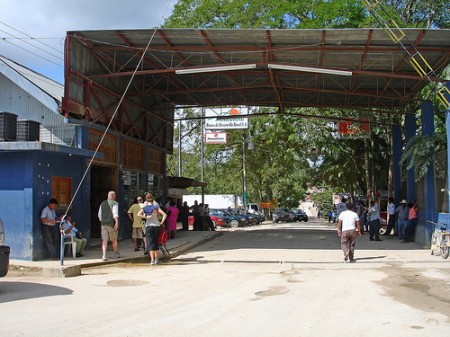
The late twentieth century saw a wave of democratic transitions in Latin America and Eastern Europe. After the fall of the Soviet Union, the former Soviet republics became independent states in their own right, while countries in Latin America began to break away from their colonial pasts, as well as from the dictatorships and civil wars that followed independence in the 19th century. While Huntington’s famous ‘third wave’ of democracy saw the emergence of democratic structures in previously autocratic regimes, unresolved territorial claims, border disputes and questions surrounding the relationship between self-determination and sovereignty continue to affect regional security in Latin America today.
Guatemala and Belize are two countries that have been embroiled in a territorial dispute over land and maritime boundaries since the 19th century. Guatemala once claimed all of modern-day Belize (which it borders to the Northeast) as its territory, but today restricts its claims to the southern half of the country and its islands.
